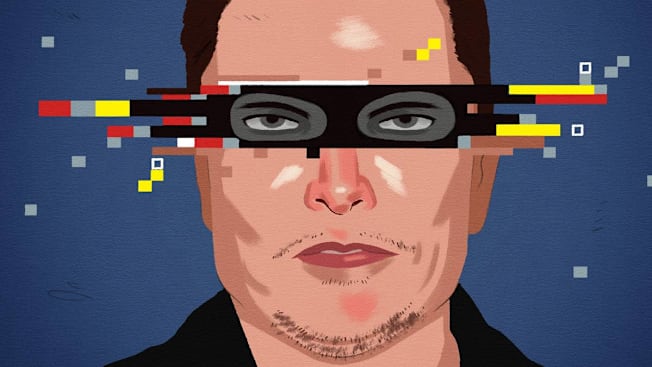Don't Get Caught by a Deepfake Scam
In frauds involving cryptocurrencies, images of celebrities like Elon Musk are being used to trick people out of their money. Here, what to watch out for.

In a widely circulated video on social media, billionaire Elon Musk sits in what looks to be a Tesla facility, hawking a cryptocurrency purportedly connected to his Neuralink brain implants. "With this token, you have a unique opportunity to invest in the future of brain-machine interfaces," he says.
Editor’s Note: This article also appeared in the March 2025 issue of Consumer Reports magazine.
Our work on privacy, security, AI, and financial technology issues is made possible by the vision and support of the Ford Foundation, Omidyar Network, Craig Newmark Philanthropies, and Alfred P. Sloan Foundation.




